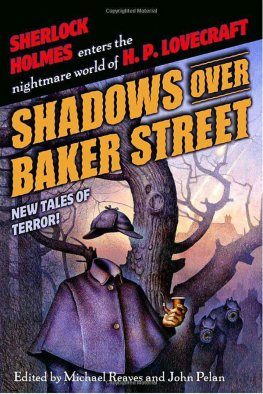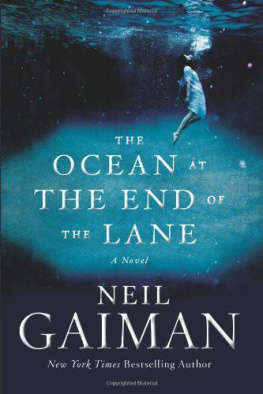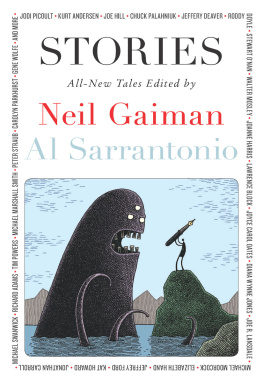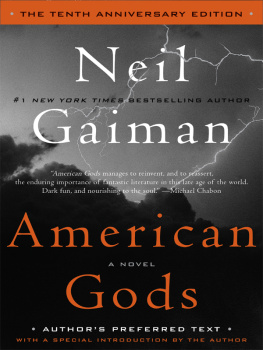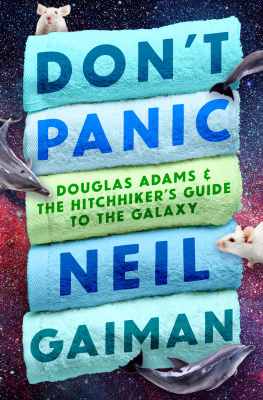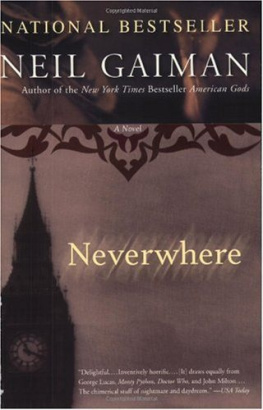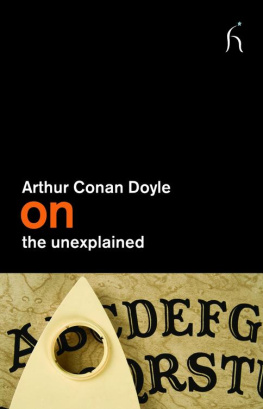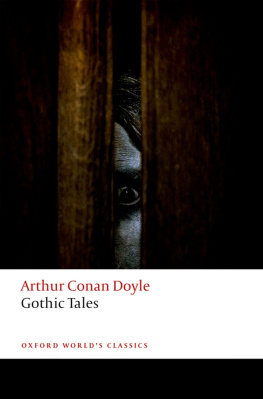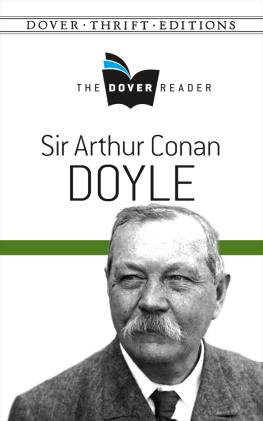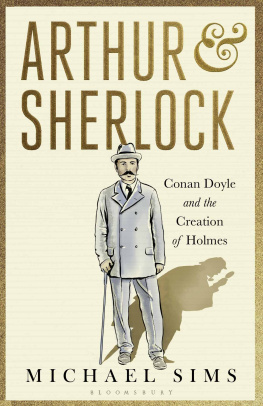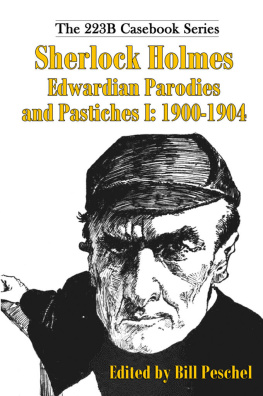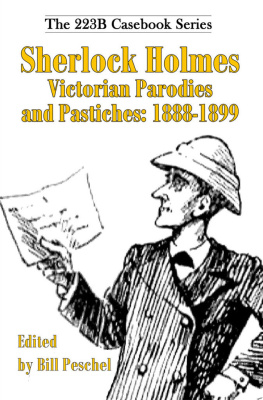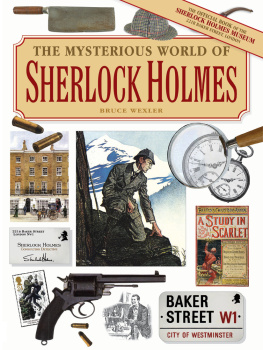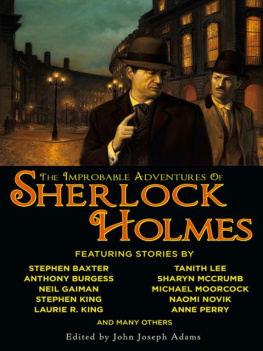Shadows over Baker Street

As always, for Kathy . . .
For Art Cover and Lydia Marano.
M. R.
And for Jennifer, thanks for making this happen.
J. P.
When you have eliminated the impossible, whatever remains, however improbable, must be the truth.
Sir Arthur Conan Doyle, A Study in Scarlet
The most merciful thing in the world, I think, is the inability of the human mind to correlate all its contents.
H. P. Lovecraft, The Call of Cthulhu
The deerstalker hat, the pipe, the tobacco-filled slipper on the mantel . . . the image conjured, whether of Basil Rathbone, Jeremy Irons, or the readers own conception, is unmistakable. The most recognizable figure in English-language fiction is, without a doubt, that of Sherlock Holmes. For more than a hundred years the stories of the Great Detective using the razor-sharp blade of ratiocination against evil have captivated an enthusiastic readership throughout the world.
Numerous studies and related works, from biographies to encyclopedias that scrupulously list each minor character and setting, have been written over the decades. There have been films, radio dramas, plays, comic books, TV series, and even a couple of cookbooks. The number of unauthorized pastiches runs well into the hundreds. Holmes is one of the most fascinating characters in literature; the concept of a man solving the most difficult and challenging of puzzles by pure logic and deductive ability still strikes a chord with both writers and readers over a century after the character first appeared in The Strand Magazine. We can always count on Watsons chronicles of the worlds first consulting detective to end with the comforting knowledge that all can be explained; there is no darkness too deep to be illuminated by the light of intellect and reason.
But what if . . .
What if Holmes and Watson were to be confronted by things outside the realm of human experience? What if the inconceivable proved to be true? What if there were places, entities, concepts in the cosmos that man not only did not, but could not, understand?
The Cthulhu Mythos cycle of H. P. Lovecraft is only a shade behind that of the Holmes canon in the number of adaptations and works that it has influenced. Ever since Lovecraft postulated the existence of Arkham, the Necronomicon, and the Great Old Ones in the pages of Weird Tales, scores of other writers have been inspired to compose their own visions of his outr mythology. The Mythos implies that the reality we know is narrow and constrictedthat lurking just beyond the boundaries of sanity are beings of vast power and malice that ruled this world before mankind, and that intend to do so again. What strange events were caused by these powerful alien entities in the twilight days of the nineteenth century? How might the Great Detective fare as humanitys defender against beings of incalculable knowledge and might?
We asked eighteen of todays best mystery, fantasy, and science-fiction writers these questions. The answers are to be found in this book, which is the first such authorized by the Doyle Estate in many years. You may see slight differences in each authors perception of the characters. This is to be expected; we all, (as the Great Detective himself would attest) observe things a bit differently. We trust that ardent Holmesians will find no discrepancies in the chronology presented here. Are these tales all to be considered part of the official canon or merely loving tributes from modern scriveners? Thats for you, the reader, to decide.
From the Far East to New York City to Holmess own London, a new and terrifying game is afoot. Sherlock Holmes and his allies have had lengthy experience in confronting the mysterious and the unusual; now they must confront the unknowable and the unspeakable . . .
Here, then, is the world prophesied by the mad Arab Abdul al-Hazred as seen through the eyes of Dr. John H. Watson, Irene Adler, Professor James Moriarty, and others. From Watsons earliest adventures in Afghanistan to reminiscences written during the Great War after both men had retired, these stories are glimpses of a world where the impossible is real and terrifying.
Strange shadows lengthen over Baker Street, and in Rlyeh dead Cthulhu is stirring . . .
John Pelan and Michael Reaves
Seattle and Los Angeles, 2002
A Study in Emerald
(1881)
NEIL GAIMAN

Fresh from Their Stupendous European Tour, where they performed before several of theCROWNED HEADS OF EUROPE, garnering their plaudits and praise with magnificent dramatic performances, combining bothCOMEDYandTRAGEDY, the Strand Players wish to make it known that they shall be appearing at the Royal Court Theatre, Drury Lane, for aLIMITED ENGAGEMENTin April, at which they will present My Look-Alike Brother Tom! The Littlest Violet-Seller and The Great Old Ones Come (this last an Historical Epic of Pageantry and Delight); each an entire play in one act! Tickets are available now from the Box Office.

It is the immensity, I believe. The hugeness of things below. The darkness of dreams.
But I am wool-gathering. Forgive me. I am not a literary man.
I had been in need of lodgings. That was how I met him. I wanted someone to share the cost of rooms with me. We were introduced by a mutual acquaintance, in the chemical laboratories of St. Barts. You have been in Afghanistan, I perceive; that was what he said to me, and my mouth fell open and my eyes opened very wide.
Astonishing, I said.
Not really, said the stranger in the white lab coat who was to become my friend. From the way you hold your arm, I see you have been wounded, and in a particular way. You have a deep tan. You also have a military bearing, and there are few enough places in the Empire that a military man can be both tanned and, given the nature of the injury to your shoulder and the traditions of the Afghan cave folk, tortured.
Put like that, of course, it was absurdly simple. But then, it always was. I had been tanned nut brown. And I had indeed, as he had observed, been tortured.
The gods and men of Afghanistan were savages, unwilling to be ruled from Whitehall or from Berlin or even from Moscow, and unprepared to see reason. I had been sent into those hills, attached to the th Regiment. As long as the fighting remained in the hills and mountains, we fought on an equal footing. When the skirmishes descended into the caves and the darkness, then we found ourselves, as it were, out of our depth and in over our heads.
I shall not forget the mirrored surface of the underground lake, nor the thing that emerged from the lake, its eyes opening and closing, and the singing whispers that accompanied it as it rose, wreathing their way about it like the buzzing of flies bigger than worlds.
That I survived was a miracle, but survive I did, and I returned to England with my nerves in shreds and tatters. The place that leechlike mouth had touched me was tattooed forever, frog white, into the skin of my now-withered shoulder. I had once been a crack shot. Now I had nothing, save a fear of the world-beneath-the-world akin to panic, which meant that I would gladly pay sixpence of my army pension for a hansom cab rather than a penny to travel underground.

